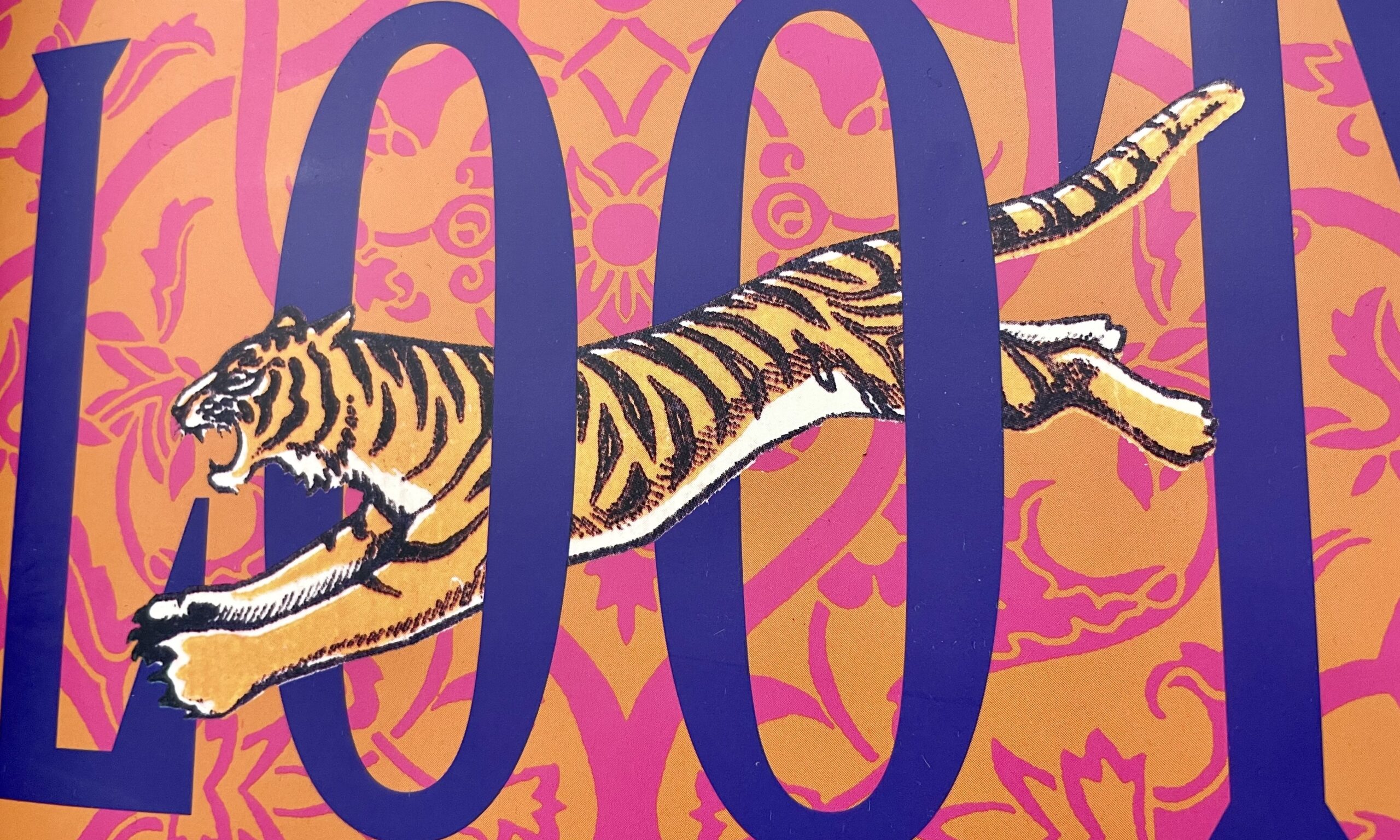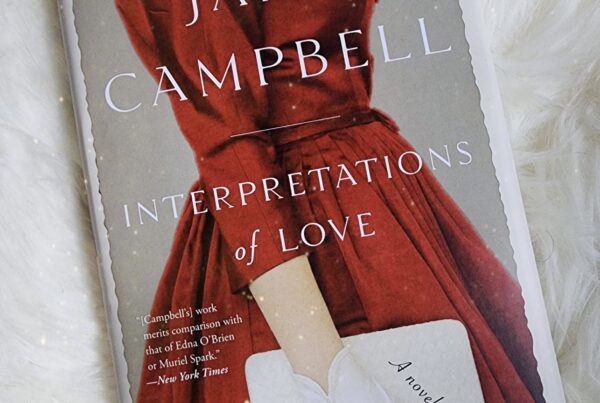Toys, inanimate artifacts that inject mystery and joy into the lives of recipients and readers alike, have a storied literary history – think The Nutcracker, The Velveteen Rabbit, and Pinocchio. To this legacy we can now add Abbas’s tiger from Tania James’ wonderful new book, Loot.
Loot takes place in Mysore, India, and Rouen, France, at the turn of the 18th century. The story features vivid characters, places, and events such as Tipu Sultan; his Summer Palace; the Anglo-Mysore wars; and the Jacobin outpost in Sriringapatna, where French clockmaker, Lucien Du Leze, tries to hold on to the fraying threads of his French life and identity while serving the Sultan. Against this dynamic backdrop, a boy Abbas and his toy tiger emerge from the smoke of time.
James opens her novel with a description of Abbas at his house outside of the Summer Palace doing what he does best, carving animals from wood: “On the day he is taken from his family, Abbas is carving a peacock into a cabinet door…He excels at this task and has never been so bored in his life.” His father tells him, “No more of your toys. Beds and cabinets, that’s it. The toys only bring trouble.” But in fact, Abbas’ toys are his entry to life on a grander scale than he or his father could have imagined.
In a bid for power, fame, and security against his impending doom at the hands of the East India Company and other foes, Tipu Sultan strives to innovate both his military weapons and his palace diversions. He apprentices Abbas to Du Leze in order to create Mysore’s first automaton. “You may imagine it as a great moving toy,” says Du Leze to the incredulous Abbas. Together, they will create a massive wooden tiger that, through internal mechanisms, repeatedly plants its teeth into the neck of Tipu’s enemy.
Students of history know that Tipu couldn’t hold off his enemies forever and died during the fourth Anglo-Mysore war, solidifying Britain’s colonial rule. But in Loot, Tipu’s innovative spirit lives on in Abbas, who reinvents himself as a French toymaker, and in his tiger, which continues to bring delight to viewers beyond the walls of Sriringapatna. In the end, Abbas and Tipu’s tiger becomes a symbol of ingenuity and indelibility within a tumultuous era in global history.




